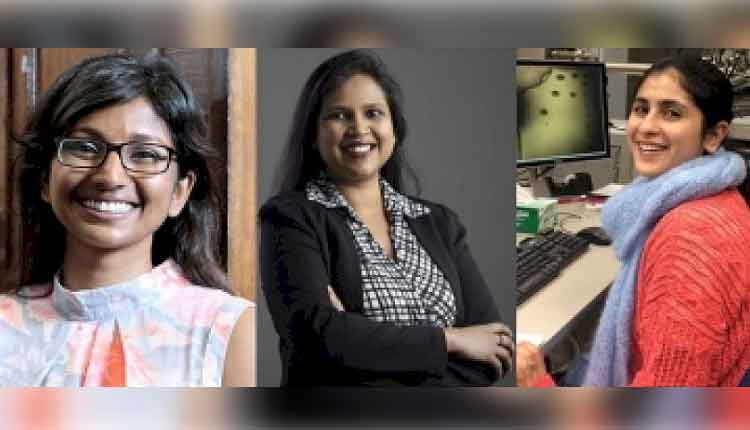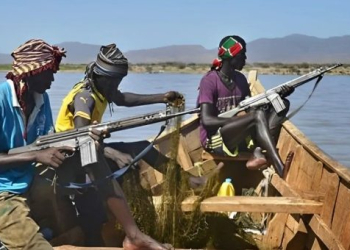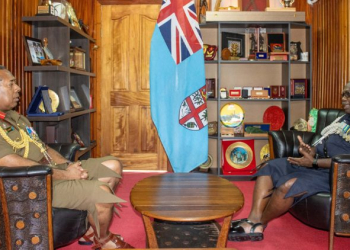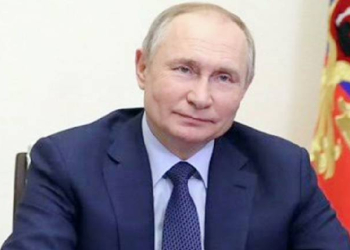Melbourne: Three Indian-origin women among 60 scientists, technologists, engineers and mathematicians have been selected as Australia’s Superstars of STEM.
Dr Ana Baburamani, Neelima Kadiyala and Dr Indrani Mukherjee will undertake a two-year program in 2023 and 2024 to step into the media spotlight as STEM experts.
“The new Superstars reflect the strong diversity of women and non-binary people in Australian science and technology,” a Science & Technology Australia (STA) press note stated.
The Superstars of STEM initiative is supported by STA, which is a peak body in science and technology, representing more than 105,000 scientists and technologists.
As a biomedical researcher, Dr Ana Baburamani Aseeks to piece together the complex process of brain development and the mechanisms contributing to brain injury.
She is presently a Scientific Advisor in the Department of Defence — Science and Technology Group.
In addition to her research, she supports early career researchers, making science accessible and promoting wider participation in and uptake of STEM careers.
She is a member of the Royal Society of Victoria and volunteers with BrainSTEM.
Dr Indrani Mukherjee, Deep time geologist at the University of Tasmania, says her “research questions key concepts, and explores links between early Earth evolution, the origin of complex life and formation of precious mineral deposits”.
“Geology has offered me a wonderful medium (the rock record) to travel as far as 3.5 billion years ago,” she said.
Neelima Kadiyala, an IT Program Manager with Challenger Limited, has over 15 years of experience delivering extensive transformation programs across multiple industries including Financial Services, Government, Telco and FMCG.
“I want to further extend my voluntary services for broader IT community across Australia,” Kadiyala, who came to Australia in 2003, said.
The programme, since its inception in 2017, selects 60 women and non-binary STEM experts and gives them the training, networks and experience to become experts in their fields as media commentators.
It also seeks to smash gender assumptions about who can work in science, technology, engineering and maths.
“The need to boost diversity in our science, technology, engineering and mathematics sector is urgent,” said Australia’s Minister for Industry and Science, Ed Husic.
“I just know these talented experts and communicators will play their part inspiring Australia’s young people, from all backgrounds – into science and technology,” Husic added.
(IANS)




















